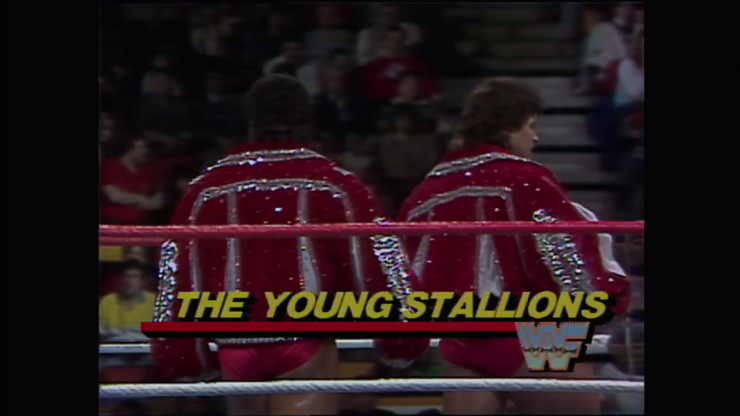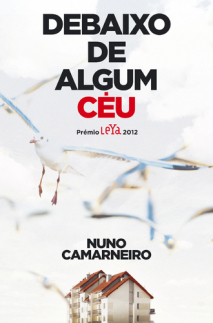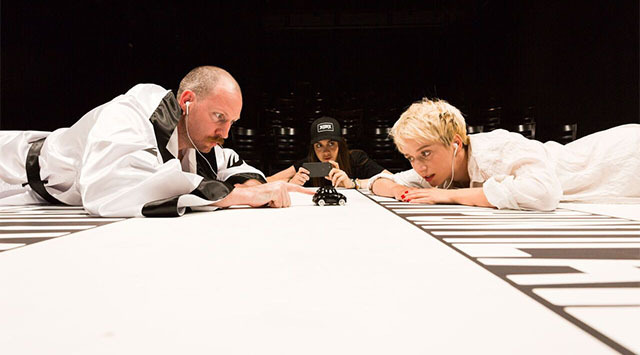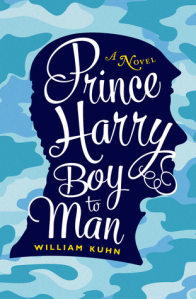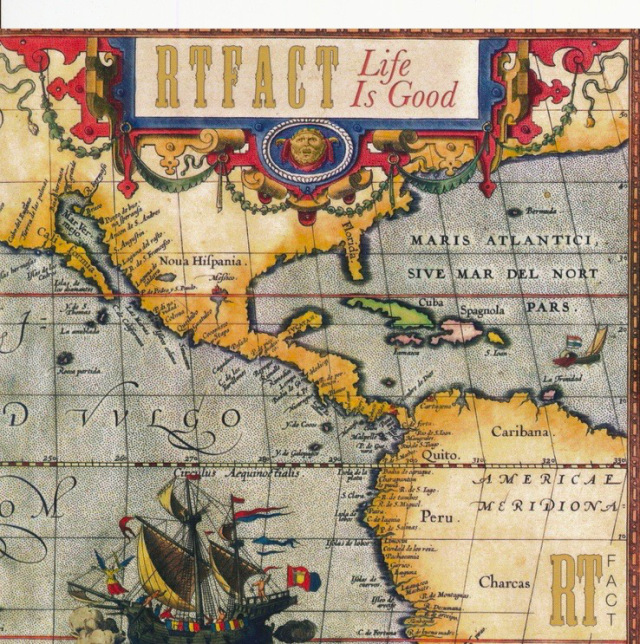 I swiped this logo from a site of the same name because. . .In my book club group last night, I was accused of splitting hairs when I pointed out that I was surprised to find racial stereotypes in our reading of Like Water for Chocolate. Set in Mexico during the revolution, the main character, Tita has a sister who overcome by the main character’s own emotions, becomes hot with passion, and while naked runs off with a stranger on horseback and commences to a sensuous coupling right then and there as they ride off into the sunset. Later we hear how she was so filled with desire that she worked in a whorehouse in order to feed her needs; even hundreds, possibly thousands of men could not quench her sexual thirst. Later the same sister dances at a wedding, exhibiting enviable moves that no one in the family knew she had.
I swiped this logo from a site of the same name because. . .In my book club group last night, I was accused of splitting hairs when I pointed out that I was surprised to find racial stereotypes in our reading of Like Water for Chocolate. Set in Mexico during the revolution, the main character, Tita has a sister who overcome by the main character’s own emotions, becomes hot with passion, and while naked runs off with a stranger on horseback and commences to a sensuous coupling right then and there as they ride off into the sunset. Later we hear how she was so filled with desire that she worked in a whorehouse in order to feed her needs; even hundreds, possibly thousands of men could not quench her sexual thirst. Later the same sister dances at a wedding, exhibiting enviable moves that no one in the family knew she had.
Tita discovers through secret love letters of her mother’s that this horny, promiscuous, dancing sister was the child of an illicit affair with a Black Man. Uh-Oh. Tita then says, “Oh, I know now why my sister is so sexual and can dance. . .” or something to that effect.
This is the same character who has earlier complained of how white people stereotype her Mexican people and are unwilling to learn their medicinal-spiritual ways. . .so I said to my group, “I was pretty surprised to read what she said about her sister, those racial stereotypes. What’s up with that?”
A few of us joked that maybe the author wrote this in the time of Archie Bunker and just had not learned yet anything about how offensive racial profiling was. And isn’t “black rhythm” in music, dance and sex the most common, stale of stereotypes.
Another woman suggested that perhaps the author did this intentionally to show authentically how people really thought back then.
One woman pulled up Trump’s latest racist vitriol on her phone to illustrate it “Isn’t just back then. . .”
I said, “Maybe it’s authentic, but Tita was so sensitive to racial stuff directed to her.”
Another woman responded, “Maybe it was to underscore how people can be hypocrites.”
Two of the quieter women in the group grumbled at us, well at me primarily. One said, “Geez, I didn’t read that at all, I didn’t catch Tita saying anything racist. . .where did she say that?” I agree: it was a quick comment. Easy to overlook.
The other one rolled her eyes, and said, “Keren’s just splitting hairs now, really. . .” And then leaned over to grumble something nastier more privately to her seat mate, but clearly annoyed that I had even brought this up.
She’s grumbling because I am the same one who disliked the now celebrated book—soon to be a movie near you—The Pecan Man. Sure, it’s a quick, even enjoyable, little read that is self-admittedly derivative of so many other well-done southern books, like To Kill a Mockingbird, Driving Miss Daisy, Fried Green Tomatoes, even The Help, etc., with its small-town southernisms, its testy, feisty, but gentile white ladies, and their black servants with a heart of gold.
Our book club discussions always start with a survey of who liked the reading. For The Pecan Man, I was the only one of 20 readers who didn’t raise her hand, and suddenly I was beset by demands to know why. One after the other I was confronted, as if I hurt their feelings by disliking what they enjoyed. And then after about the fifth person angrily said to me, “You think she stole this?” because I had said book was derivative, I said, “Ok, I can defend my opinion all evening, but I know you don’t want that. Here’s my perspective on why I don’t like this book.” And I shared my thoughts about it not only being a knock off of sorts, but just another white hero book.
Aside from this common plot line, I was really, REALLY disappointed in how, even in this modern age, we still are learning lessons about racism from white characters who rescue black characters.
I am white, yes. And I certainly cannot relate to racism, though I am sensitive enough to know it hurts. How much it hurts, how much it affects people of color is not something white people can begin to understand. But I have taught children of color for decades; they are my family to some degree. And I abhor bringing some of these novels before them, even To Kill a Mockingbird. Any book that teaches what it’s like to be an African-American or a Mexican or a Native American, etc. from a white person’s experience seems ludicrous, especially when there are fantastic books out there, (much more real and painful books of course). Black Boy, The Invisible Man, The Bluest Eye are some of the classics; some more modern takes are Loving Day, Between the World and Me.
Yet, here we are still reading the sweet Little Pecan Man in schools where the main character is white, and yes, she learns about her own hypocrisy, but she and (mildly, possibly) another white character are the only ones who are actively trying to make change. All the black characters are impotent: either too angry, too scared, too shackled to do anything but die or go to jail, and must lean on the main character. Really? Still reading this type of plot line in this day and age?
Plus, I added: How good is it for kids, of any race, to continue to read work where the white man saves the day for people of color? How weak do the black characters still need to be? In fact, in The Pecan Man we are supposed to see going to jail as a heroic move on a black man’s part, and not because he was arrested for protesting, but for assuming the responsibility for a crime he did not commit. Sure the book is set in the 70s, but it was written in today’s world, and it is being assigned in schools now.
And as a white woman among black students, how sensitive is it to “teach racism” to black children who live it everyday from a white main character?
Some of my reading group peers were receptive to my point of view, others just rolled their eyes. But it is why the one woman thought I was splitting hairs about Like Water for Chocolate. She saw me as “just looking for racist stuff” now. . .a rabble rouser for no good reason. (I stifled my urge to accuse her of voting for Trump primarily because the comments in the book were quick, short though stood right out to me.)
Am I splitting hairs? Is it important to notice and voice when you see unnecessary racism in literature or movies? (Where the racism in Mudville is integral to the plot, Tita doesn’t need to connect her sister’s behavior to being black does she?) Is it important to find more relevant novels where blacks are their own heroes? Sure, it is wise to teach children that not all whites are evil, but when the ultimate lesson is about a racist culture or about stereotypes, what is best?
What do you think? Do I keep quiet from now on? Would you? Or am I just stirring the pot?
For more info visit:
http://www.charisbooksandmore.com/understanding-and-dismantling-racism-booklist-white-readers
Share this:

